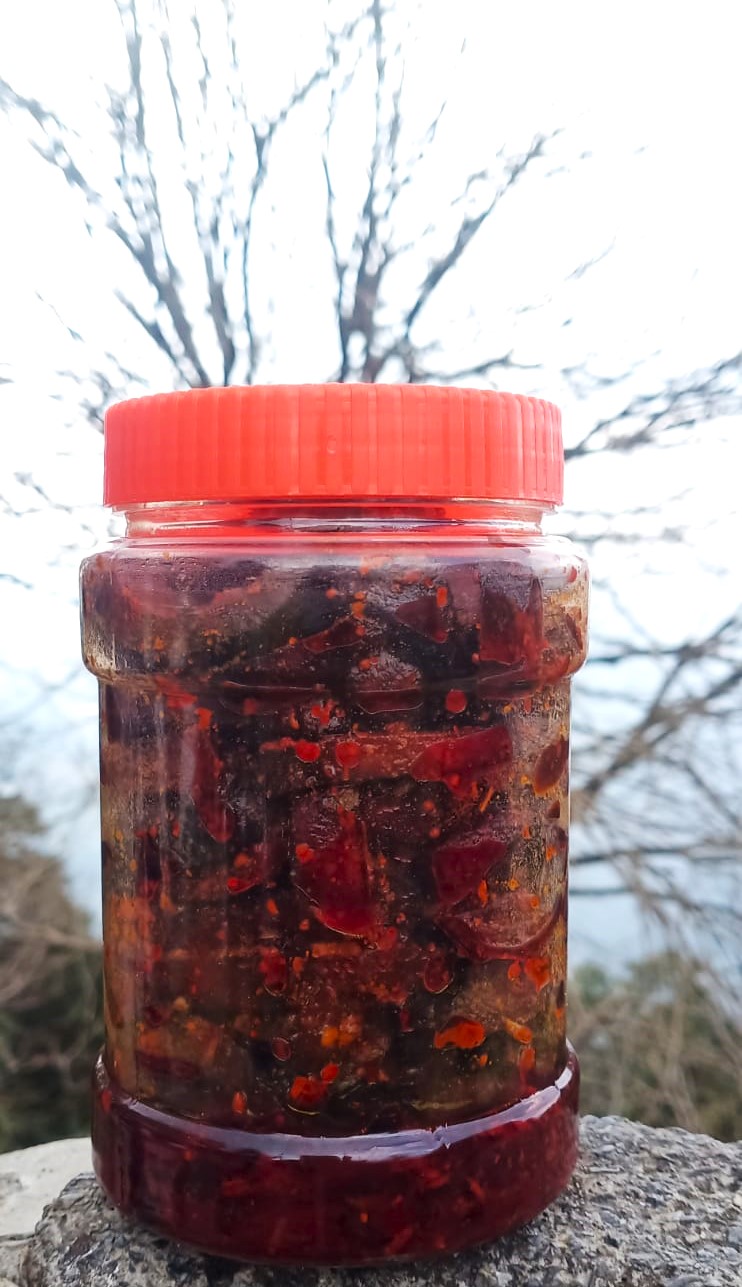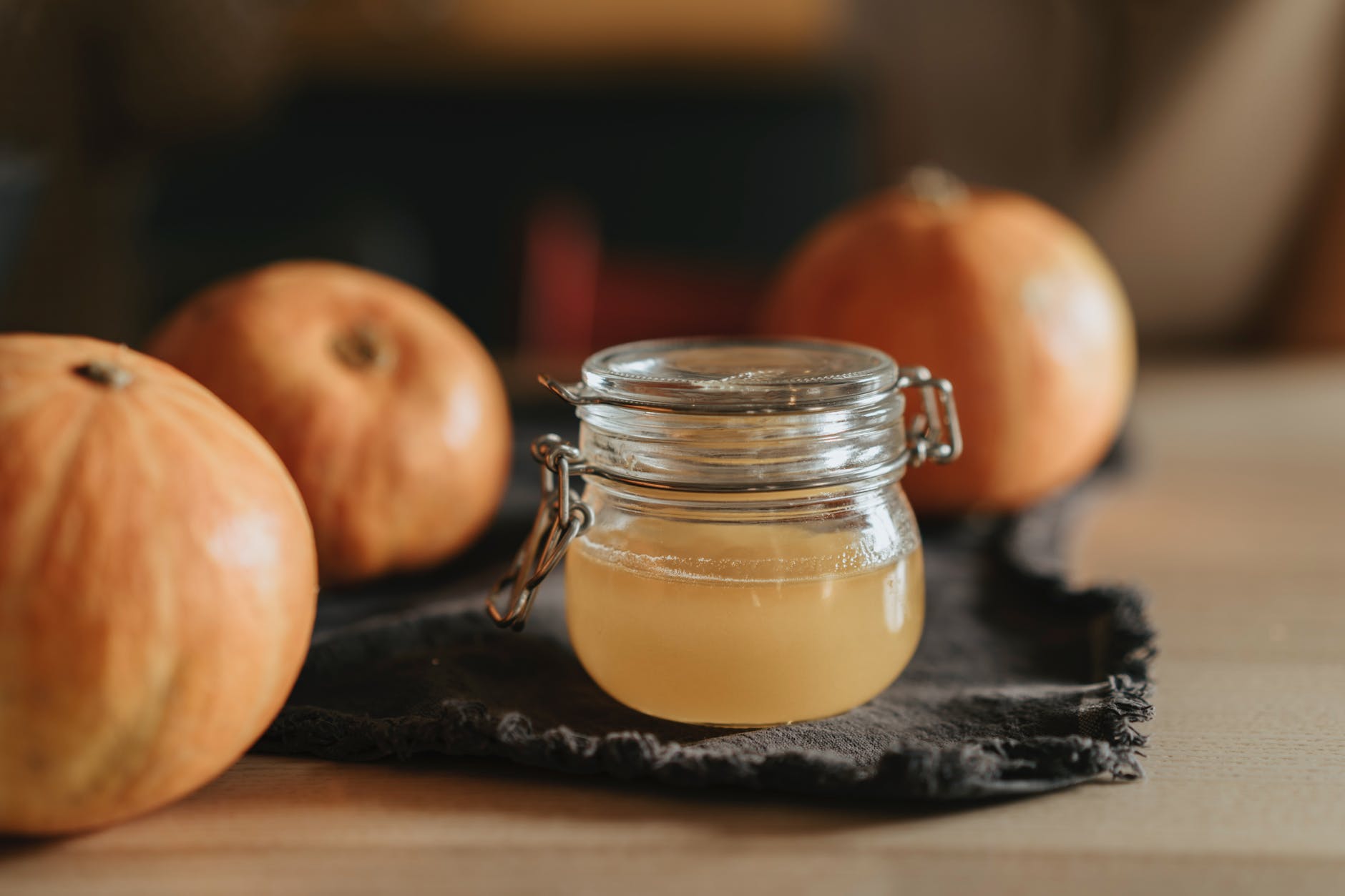
Introduction
Potassium, a vital mineral and electrolyte, plays a crucial role in maintaining the body’s overall balance. It aids in muscle contractions, nerve transmissions, and the regulation of fluids. But what happens when there’s an imbalance in potassium levels, especially in relation to kidney health?
The kidneys, two bean-shaped organs located below the ribcage, are responsible for filtering out waste and excess substances, including potassium, from the blood. They ensure that our body has the right amount of potassium it needs to function correctly. However, when the kidneys aren’t working as they should, it can lead to imbalances in potassium levels, which can have significant health implications.
In this guide, we’ll delve deep into the relationship between potassium levels and kidney health, exploring the effects of chronic low potassium and the implications for those with kidney-related conditions.
Understanding Potassium’s Role in Kidney Health
The kidneys play a pivotal role in regulating potassium levels. They filter out excess potassium, which is then excreted through urine. This delicate balance ensures that our muscles, nerves, and heart function optimally.
How Kidneys Regulate Potassium
Every day, the kidneys filter about 120 to 150 quarts of blood, removing waste products and excess substances, including potassium. Specialized cells in the kidneys, called nephrons, adjust the amount of potassium that is returned to the blood or excreted in the urine, maintaining a balance.
Impact of Chronic Low Potassium on Kidney Function
Chronic low potassium, or hypokalemia, can have various causes, from dietary insufficiencies to certain medications. When potassium levels are consistently low, it can strain the kidneys. They might overcompensate by excreting less potassium, leading to reduced functionality over time. Moreover, low potassium can affect the muscles in the urinary tract, leading to complications like kidney stones or urinary retention.
For individuals with kidney conditions, understanding the role of potassium is even more critical. A compromised kidney function can lead to either an accumulation or excessive loss of potassium, both of which can have severe health consequences.
In the sections that follow, we’ll explore specific kidney diseases and their relationship with potassium imbalance, providing insights into management and prevention strategies.
Kidney Diseases and Potassium Imbalance
The health of our kidneys is intrinsically linked to the regulation of potassium. When kidney function is compromised, it can lead to significant imbalances in potassium levels, which can have cascading effects on overall health.
Chronic Kidney Disease (CKD) and Low Potassium
Chronic Kidney Disease (CKD) refers to the gradual loss of kidney function over time. As CKD progresses, the kidneys become less efficient at filtering out waste, including excess potassium. While early stages of CKD might not significantly affect potassium levels, advanced CKD can lead to hyperkalemia, or high potassium, due to reduced excretion. However, certain treatments or dietary restrictions for CKD might also result in low potassium, making regular monitoring essential.
Kidney Cancer and Potassium Levels
Kidney cancer, while primarily focused on the growth of malignant cells, can also influence kidney function and, by extension, potassium regulation. Depending on the stage and progression of the cancer, patients might experience either high or low potassium levels. It’s crucial for individuals with kidney cancer to work closely with their healthcare providers to monitor and manage potassium levels.
High Creatinine and Low Potassium
Creatinine is a waste product that the kidneys filter out of the blood. High creatinine levels can indicate reduced kidney function. When kidney function is compromised, it can lead to imbalances in potassium. While high creatinine often correlates with high potassium due to reduced excretion, certain conditions or treatments can lead to low potassium levels, even with elevated creatinine.
Dietary Considerations for Kidney Patients
For individuals with kidney conditions, dietary choices play a pivotal role in managing and maintaining optimal potassium levels. Here’s a closer look at dietary interventions and considerations:
Low Potassium Foods for CKD and Dialysis Patients
For those with advanced CKD or on dialysis, managing potassium intake becomes paramount. Foods like apples, berries, green beans, carrots, and rice are lower in potassium and can be incorporated into the diet. It’s essential to work with a nutritionist or dietitian familiar with kidney health to create a balanced meal plan.
Fruits and Vegetables Suitable for Kidney Patients
While many fruits and vegetables are potassium-rich, some are suitable for kidney patients. Options include cranberries, blueberries, cabbage, cauliflower, and cucumbers. However, portion control and preparation methods (like boiling) can influence potassium content, so it’s essential to be informed and cautious.
National Kidney Foundation’s Recommendations
The National Kidney Foundation provides guidelines for managing potassium intake for individuals with kidney conditions. They recommend regular monitoring, understanding the potassium content in foods, and being aware of hidden sources of potassium in processed foods or medications.
In the subsequent sections, we’ll delve deeper into strategies for managing potassium levels, the importance of regular check-ups, and the potential complications of untreated potassium imbalances.
Managing Potassium Levels in Kidney Disease
For individuals with kidney conditions, managing potassium levels is not just about dietary choices. It’s a holistic approach that involves understanding symptoms, regular monitoring, and proactive interventions.
Symptoms to Watch Out For
Recognizing the signs of potassium imbalance can be the first step in addressing the issue. Symptoms might include fatigue, muscle weakness, irregular heartbeat, numbness, or tingling. For kidney patients, any sudden or unexplained symptom should be a cue for consultation.
Regular Monitoring
Routine blood tests can provide insights into potassium levels. Especially for those with advanced kidney disease, frequent monitoring is essential. It helps in adjusting dietary choices, medications, or treatments to ensure potassium levels remain within the desired range.
Dietary Adjustments
Tailoring one’s diet is a primary intervention for managing potassium. This might involve:
- Limiting High-Potassium Foods: Reducing the intake of foods like bananas, oranges, or potatoes.
- Increasing Low-Potassium Foods: Incorporating more apples, berries, or rice into the diet.
- Understanding Food Preparation: Certain methods, like boiling vegetables, can reduce their potassium content.
Medication Review
Some medications can influence potassium levels. For kidney patients, it’s essential to:
- Discuss Medications with Healthcare Providers: Understand potential side effects related to potassium.
- Adjust Dosages or Medications: Based on regular blood test results, medications might need adjustments to ensure they don’t exacerbate potassium imbalances.
Frequently Asked Questions (FAQs)
1. Why is potassium regulation so crucial for individuals with kidney conditions? Potassium plays a pivotal role in various bodily functions, from muscle contractions to nerve transmissions. For those with kidney conditions, the kidneys may not effectively regulate potassium, leading to potential health complications. Proper potassium management ensures optimal muscle, nerve, and heart function.
2. How does Chronic Kidney Disease (CKD) impact potassium levels? CKD refers to the gradual loss of kidney function. As the disease progresses, the kidneys may become less efficient at filtering out excess potassium, leading to imbalances. Advanced stages of CKD can result in either high or low potassium levels, depending on various factors, including diet and medications.
3. Are there specific foods that kidney patients should avoid to manage potassium levels? Yes, certain foods are high in potassium and might be limited in a kidney-friendly diet. These include bananas, oranges, potatoes, and tomatoes. However, portion size and preparation methods can influence potassium content, so it’s essential to consult with a nutritionist familiar with kidney health.
4. Can medications influence potassium levels in kidney patients? Absolutely. Some medications, especially certain diuretics and blood pressure drugs, can affect potassium levels. It’s vital for kidney patients to regularly review their medications with healthcare providers and understand potential side effects related to potassium.
5. How often should individuals with kidney conditions monitor their potassium levels? The frequency of monitoring depends on the severity of the kidney condition and any associated symptoms or medications. However, regular check-ups, often every few months or more frequently in advanced stages, are recommended to ensure potassium levels remain within a safe range.
6. Are there any digital resources or apps to help kidney patients manage their potassium intake? Yes, several mobile apps, like MyFoodDiary and Kidney Diet Foods, allow users to track food intake and monitor potassium levels. These tools can be beneficial in creating a balanced, kidney-friendly diet.
7. How do hormonal changes or other medical conditions influence potassium levels in kidney patients? Hormonal fluctuations, especially in conditions like hyperaldosteronism, can affect potassium regulation. Additionally, other medical conditions, such as diabetes or heart diseases, can influence how the body processes potassium, especially in the context of compromised kidney function.
Conclusion
Potassium, while a vital mineral, requires careful management for individuals with kidney conditions. The delicate balance between too much and too little can influence overall health, quality of life, and the progression of kidney disease. By staying informed, making conscious dietary choices, and maintaining open communication with healthcare providers, individuals can navigate the challenges of potassium imbalances with confidence.
In the journey of kidney health, knowledge is the compass. Understanding the intricacies of potassium regulation provides a roadmap for better health outcomes, ensuring that individuals can lead fulfilling lives despite kidney challenges.
Resources and Recommendations
Navigating the complexities of kidney health and potassium management can be challenging. However, with the right resources and guidance, individuals can make informed decisions that positively impact their well-being.
Educational Platforms and Organizations
- National Kidney Foundation: A leading organization dedicated to kidney health, offering guidelines, research updates, and patient resources.
- Kidney.org: An extensive platform providing insights into kidney diseases, treatments, and dietary recommendations, including a focus on potassium management.
Dietary Guides and Cookbooks
- “The Renal Diet Cookbook” – A comprehensive guide offering kidney-friendly recipes, including low-potassium options.
- “Eating Well for Kidney Health” – A book focusing on expert recipes and dietary advice for individuals with kidney conditions.
Mobile Apps and Trackers
- MyFoodDiary: An app that allows users to track their food intake, including monitoring potassium levels.
- Kidney Diet Foods: An app specifically designed for kidney patients, offering insights into potassium content in various foods.
Support Groups and Communities
- Kidney Patient Support Groups: Local and online communities where individuals can share their experiences, seek advice, and find emotional support.
- Dialysis Patient Citizens: An organization offering advocacy, education, and support for dialysis patients.
Actionable Insights
Knowledge is empowering, but action transforms lives. Here are some steps individuals can take to proactively manage their kidney health and potassium levels:
- Regular Check-ups: Schedule routine appointments with nephrologists or primary care providers to monitor kidney function and potassium levels.
- Stay Informed: Continuously educate oneself about kidney health, treatments, and dietary recommendations. Attend seminars, webinars, or workshops focusing on kidney health.
- Dietary Management: Collaborate with a nutritionist or dietitian to create a kidney-friendly meal plan that ensures optimal potassium levels.
- Medication Review: Periodically review medications with healthcare providers to understand potential side effects and make necessary adjustments.
- Stay Active: Engage in regular physical activity, tailored to individual health conditions, to promote overall well-being.
- Share and Connect: Engage with support groups, share experiences, and connect with others on a similar journey. Collective wisdom can offer invaluable insights.
In conclusion, while managing potassium levels in the context of kidney health can be intricate, it’s entirely feasible with the right knowledge, resources, and proactive measures. Remember, every step taken towards better health is a step towards a brighter, more fulfilling future.
Blog Tags for the Post: Kidney Health, Potassium Management, Chronic Kidney Disease, Dietary Guidelines, Kidney-Friendly Diet, Potassium Imbalance, Nephrology, Medication Review, Digital Resources, Kidney Patient Support, Potassium Regulation, Renal Diet, Kidney Function, Potassium Monitoring.













